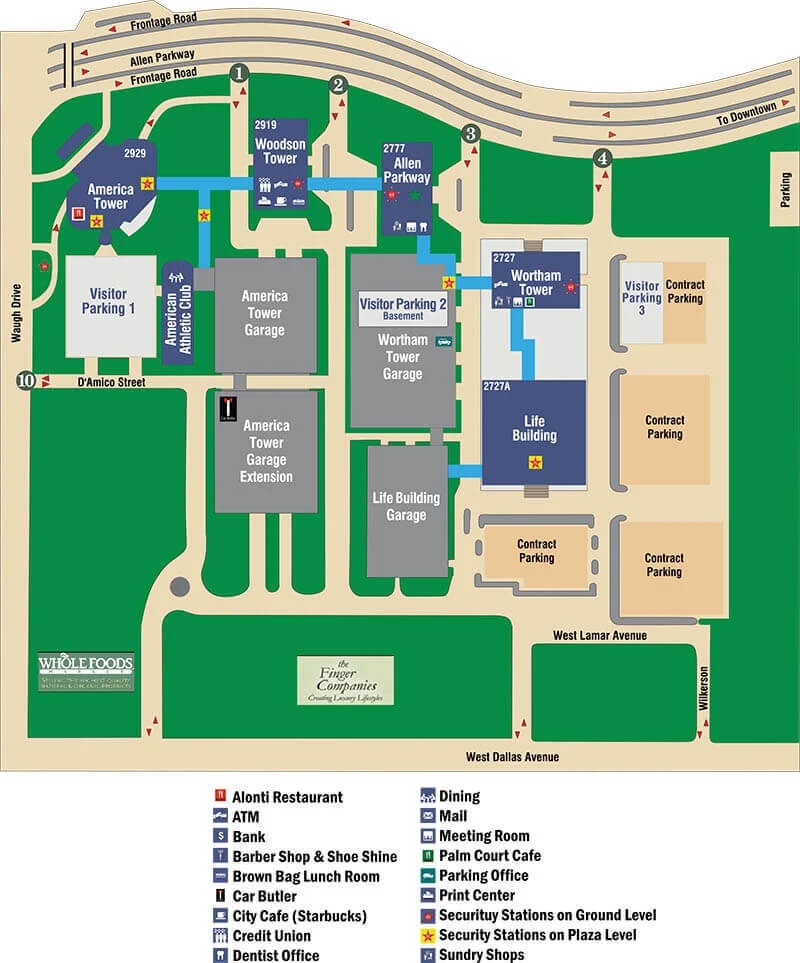Can you discharge your student loans in personal bankruptcy?
If you attended college, you probably have thousands of dollars in student loan debt. The same could be true for those who attended trade schools or even those who paid for an education at an uncertified, for-profit institution. Unfortunately, student loans don’t always translate to higher earning potential.
If you have reached the point where you can’t seem to balance your budget and your creditors have initiated collection efforts against you, personal bankruptcy could be an option for helping you take control of your budget and your finances.
However, if your student loans represent the single biggest debt you owe, you will likely wonder what, if any, impact bankruptcy will have on those accounts.
Is it possible to discharge student loans in bankruptcy?
Student loans have an unusual status among other forms of unsecured debt. Most unsecured debts, like medical debt and credit card balances, are relatively straightforward to discharge in bankruptcy proceedings.
Student loans, on the other hand, typically aren’t eligible for discharge in bankruptcy proceedings. Unfortunately, it can mean that students who don’t finish school or those with a degree that can’t help them find a job wind up spending most of their adult life paying for an education that did not benefit them.
There are, however, specific circumstances in which someone can potentially discharge student loans. Establishing those circumstances can quickly complicate your bankruptcy proceedings.
You need to show that repaying the loans presents a hardship
Regardless of the overall value or benefit of your education, you did sign the loan agreement to repay the amount you borrowed. The courts will generally expect you to show extenuating circumstances that necessitate your bankruptcy discharge because repaying your loans will be an undue hardship that will likely persist throughout the repayment period.
For example, if you got a degree with the intention of becoming an airline pilot, only to suffer an injury to your eyes that will prevent you from flying and limit your other job opportunities, repaying all of that educational expense could constitute an insurmountable hardship. You will have to request an adversary proceeding and convince the courts of your need for this specific discharge.


